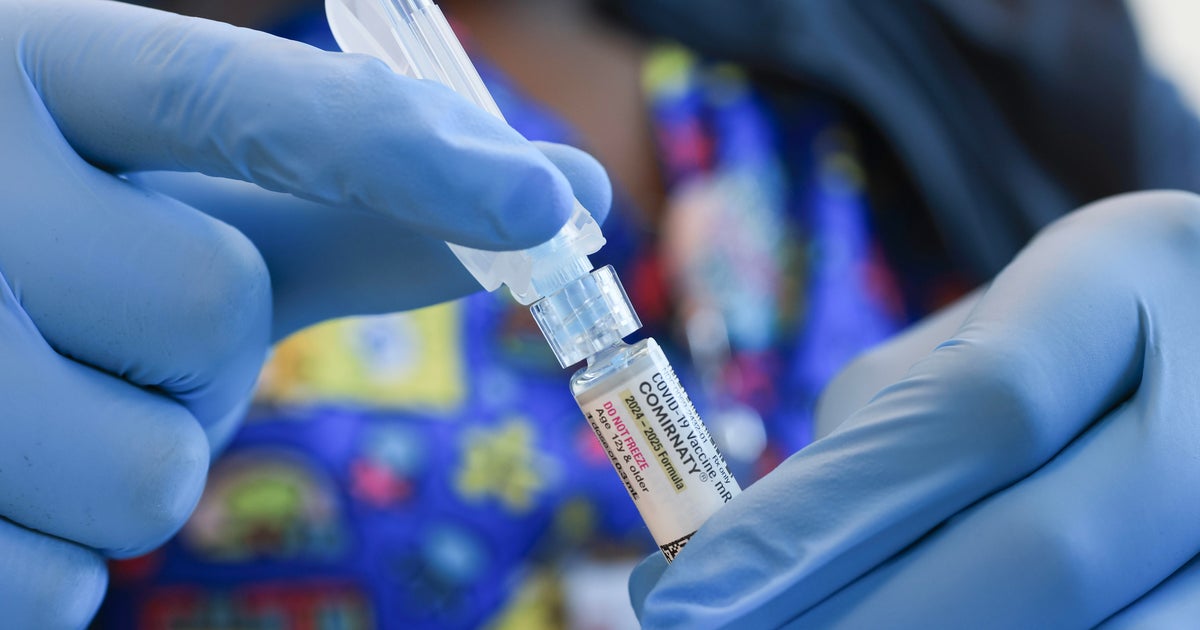The Advisory Committee on Immunization Practices (ACIP) recently held tumultuous meetings, sparking intense debate surrounding COVID-19 and Hepatitis B vaccination recommendations. The sessions were marked by significant controversy, fueled by the appointment of new members, some with known vaccine skepticism, by HHS Secretary Robert F. Kennedy Jr. This restructuring led to clashes between established medical experts and newly appointed advisors, highlighting deep divisions within the scientific community.

One key point of contention involved the COVID-19 vaccine. The ACIP ultimately voted against requiring a prescription for the vaccine, a decision that followed a contentious vote that ended in a tie, requiring the chair to cast the deciding vote. Concerns were raised that a prescription requirement would disproportionately impact underinsured individuals, creating a barrier to accessing this crucial preventative measure. Meanwhile, debate raged regarding the ongoing need for and efficacy of COVID-19 vaccination, particularly for certain groups, with some members raising concerns about the lack of robust long-term clinical trial data. The panel also discussed the need for increased communication of the vaccine's risks and uncertainties to the public, alongside the need for more comprehensive efforts to address vaccine injuries. A particularly heated exchange between Dr. Robert W. Malone and Dr. Cody Meissner centered on the very existence of well-defined correlates of protection for COVID-19 vaccines.
The ACIP also grappled with proposed changes to Hepatitis B vaccination recommendations. While unanimously voting to test all pregnant women for Hepatitis B, the panel significantly delayed a vote on altering the universal birth dose for newborns born to mothers who tested negative. This postponement came amidst fierce disagreement over the available data and potential risks associated with delaying the initial vaccination. Proponents of maintaining the current recommendation argued it served as a crucial safety net, preventing infections in infants who might otherwise be exposed unknowingly. Opponents argued that there is insufficient evidence to definitively state the safety of the vaccine for newborns. The ongoing discussion underscored the difficulties in balancing potential risks of adverse events with the benefits of universal vaccination, and the challenges faced when interpreting existing research.
The meetings further highlighted concerns about the transparency of the decision-making process, with some liaison members from major medical organizations calling for greater methodological rigor and public accountability. The abrupt cancellation of federal funding for mRNA vaccine research also raised concerns, particularly regarding vulnerabilities to future pandemics. These events underscored the critical need for open dialogue, robust data analysis, and a concerted effort to maintain public trust and confidence in vaccination programs.
---
Originally published at: https://www.cbsnews.com/live-updates/cdc-vaccine-advisory-panel-covid-19-hepatitis-b-vaccines/
